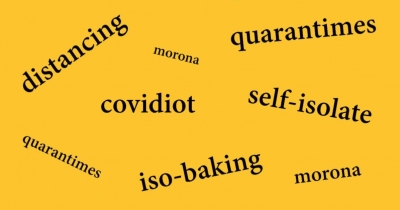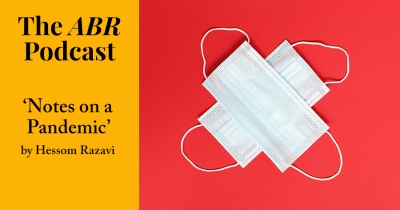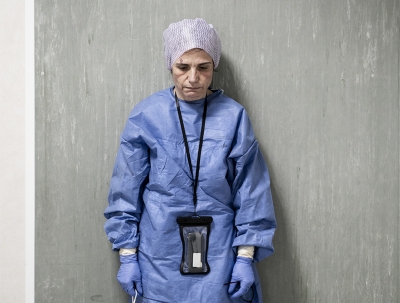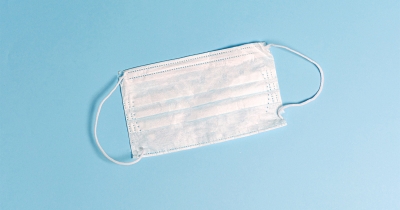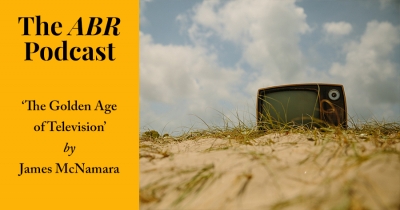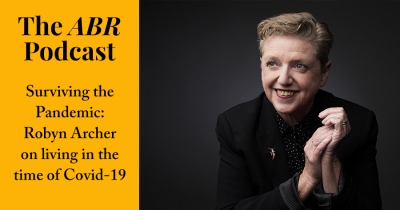Pandemic
The Covid-19 pandemic has affected all our lives, and little else has featured in the media for weeks. Unsurprisingly, this has led those of us who work with words to track the language of the pandemic (coronaspeak) closely. Here at the Australian National Dictionary Centre (temporarily WFH, of course), we have been compiling a database of the words emerging from the pandemic; from anti-lockdown protest to zumping (being dumped via Zoom), the Covid-19 isolation lockdown has generated its own vocabulary.
... (read more)There’s a script for everything. Someone, voice wavering, says, ‘She’s dead’, and you say, ‘What?’ They say it again, and you say, ‘Oh, my god.’ You ask the usual questions, and then hang up and everything is incredibly quiet. You tell your boyfriend, and you both walk around the house trying to pack useful things: a sleeve of Valium, warm socks. You call your brother in London. He texts to say it’s five am there, can it wait? You call back. Before he even answers the phone, he knows.
... (read more)In his first article for ABR, 'Notes on a Pandemic', Behrouz Boochani Fellow Hessom Razavi offers a powerful reflection on the current Covid-19 crisis. Dr Razavi, an ophthalmologist, reflects on his own clinical experiences and interviews with senior medicos (including Dr Nick Coatsworth, the Deputy Chief Medical Officer) to provide a nuanced and compelling portrait of our changing lives. He examines the ways in which society has responded to the pandemic and questions what kind of world his daughter (due shortly) will be born into.
... (read more)I was operating when it arrived. Between patients I read the email hastily. It concerned an article from surgeons at Stanford University. Along with colleagues in the United States, Italy, China, and Iran, they were reporting an increased risk of death from Covid-19 among otolaryngologists, neurosurgeons – and ophthalmologists, like me. Surgery around the nasal passages or other mucous membranes of the face seemed to release a potentially lethal aerosolised load of the SARS-CoV-2 virus. Among the casualties were surgeons in their thirties.
... (read more)Closeted but not isolated, everyone will have a story, so there’s nothing special here. But the common difference is clear. When it’s about Brexit or Trump there, it’s us to them; when it’s bushfires here, it’s them to us. We have been globally entwined for decades, but the economic and political truths are mostly covert. It’s taken Covid-19 to put us all overtly at the same risk at the same time.
... (read more)During the Covid-19 crisis, many of us are surfeiting on television drama from Netflix, Stan, and the rest of them. Back in 2015, we published James McNamara's Ian Potter Foundation Fellowship essay 'The Golden Age of Television?', which considers the ascendancy of television drama and its cultural significance. Listen to James reading his essay, which appear in ABR's film and television issue in April 2015.
... (read more)Peter Rose – before introducing this week’s ABR Podcast guest – updates readers on ABR’s response to the Covid-19 pandemic and the Australia Council’s inexplicable decision not to fund ABR in 2021–24. Then Robyn Archer – renowned performer and ABR Laureate – currently hunkering down in Melbourne, reflects on how people are surviving and what Australia might look like when it emerges from this crisis.
... (read more)
